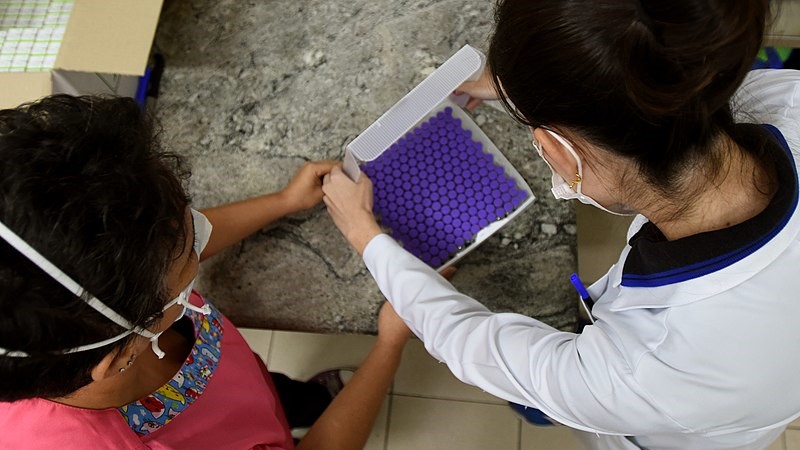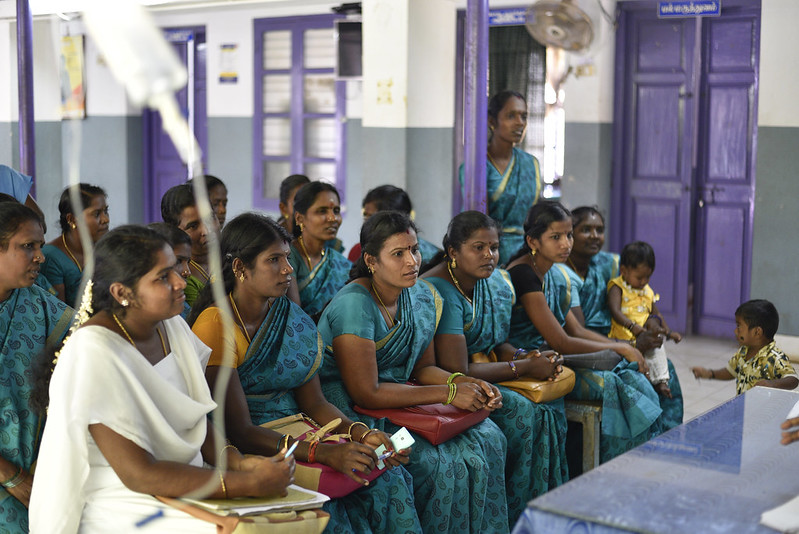Guest bloggers, Eugene Bempong Nyantakyi (Chief Research Economist at the African Development Bank Group) and Jonathan Munemo (Professor of Economics at Salisbury University, Maryland), argue that Europe’s decision not to recognize Covid-19 vaccine certificates from developing countries could undermine the global collaboration in the fight against Covid-19 and increase vaccine tourism from the developing world.
The UK recently updated its Covid-19 traffic-light system for international arrivals from red, amber, and green lists to a simplified red list and the “rest of the world.” For inbound travellers from “rest of the world”, the simplified system ties Covid-19 quarantine and testing requirements with vaccination status. Authorities initially signaled that they will not recognize Covid-19 vaccines received in Africa and other developing nations, including the SII-AstraZeneca (Covishield) which has been approved for use in Africa by the WHO. Fully vaccinated international arrivals from affected countries will therefore have to comply with quarantine restriction to gain access to the UK. Criticism of the decision was swift – particularly from India, Africa and WHO authorities. Amid the backlash, the UK retracted its decision, and has agreed to add Covishield to the list of approved vaccines. Surprisingly however, it will still not recognize vaccine certificates issued from most developing countries. The EU has taken a similar stand and has not approved or recognized Covishield.
This decision sets a bad precedent for global collaboration in the fight against Covid-19 and could undermine the COVAX scheme that the EU and UK have worked to support. Take the case of the EU. “Team Europe”, made up of the EU, EU member states and financial institutions, boasts of being a leading contributor to COVAX, with the aim to ensure “fair and equitable access” to Covid-19 vaccines. Its top vaccine portfolio includes SII-AstraZeneca (Covishield), one of the vaccines the EU fails to recognize for travel purposes.
Covishield is a licensed product of a UK manufacturer and is similar to the AstraZeneca vaccine (Vaxzevria) administered in the UK in all but name. About five million doses have been supplied at the request of the UK Government by the Serum Institute of India, while over 550 million doses have been distributed through the COVAX scheme globally. It is therefore not surprising that many in the developing world find it inconceivable that European countries would fail to approve certificates for these vaccines when they have supported sending millions of doses of them to the developing world. This could breed mistrust about Covishield and elevate the already high level of vaccine hesitancy and disinformation currently prevailing across much of the developing world.
One unintended effect of this decision could be a significant increase in vaccine tourism. The measure makes it attractive for individuals from developing countries to travel to developed economies to obtain approved vaccines that will be universally or nearly universally recognized by Western countries. Individuals will rationalize this decision by the fact that doing so will reduce future travel costs and quarantine restrictions in western economies. However, vaccine tourism will not only put unvaccinated travellers at risk of exposure, but such travellers could serve as potential hosts for transmission of existing or new variants. This could stretch already strained health systems in western economies and put individuals in destination countries at higher risk.
There are better ways for the UK and EU to work with developing economies to recognize vaccines. One way is to use the same approach the UK has adopted for Tuberculosis (TB) test certificates administered to migrants entering the UK. It could introduce a vetting system where approved medical facilities, or WHO centers within countries recognize vaccines from certain health institutions or facilities. While this will add an extra layer of bureaucracy, the cost will obviously be far lower than what visitors would incur under the current approach, which involves quarantining in expensive hotels and other tough restrictions such as a mandatory home isolation periods. The good news is that the UK is now taking active measures to recognize vaccine certificates from a broader list of developing countries. The rest of Europe could follow suit. Alternatively, Europe could adopt the US approach, which will grant access into the country to fully vaccinated visitors regardless of their country of origin starting in November. The only requirement is that a foreigner seeking entry into the US should have received a full course of one of the medications approved by the WHO.
Image credit: Covid-19. Prachatai via Flickr






When they saw over 90% are abiding by their Mask regulation, they are now confident that this population is ready for the other measure which they had it planned for years. So we can only blame ourselves for giving them this confidence to proceed further with their agenda.